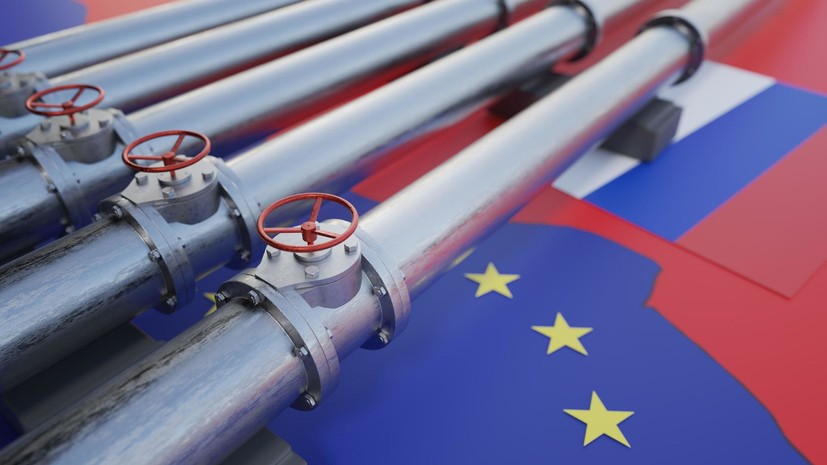The European Union should introduce a new, eighth in a row, restriction package against Russia as soon as possible, Estonian Foreign Minister Urmas Reinsalu said in an interview with the German newspaper Die Welt.
He said that concrete proposals have already been submitted to the European Commission in this regard.
“We are talking about energy, trade, further restrictions in the SWIFT system, as well as including even more individuals and institutions on the sanctions list.
The sanctions imposed so far are working, but they are not enough,” the politician said.
The minister expressed confidence that increasing pressure on Moscow in the coming months would influence the conduct of a special military operation, and called for the supply of "even more weapons" to Ukraine.
At the same time, he stated that such assistance is expensive for Europe.
The politician admitted that anti-Russian sanctions harm the economies of European states, however, he believes that this phenomenon is temporary.
Reinsalu added that Europeans need to put up with "temporary difficulties" to stop Russia and "not make any concessions."
Commenting on the call of the head of the Estonian Foreign Ministry to introduce new restrictions as soon as possible, Deputy Director General of the National Energy Institute Alexander Frolov noted that almost all previously introduced sanctions packages contained restrictions related to the energy sector, and some of them had a significant impact on the EU itself.
“What else can touch energy?
Not much is left.
There remains a ban on the supply of uranium materials, that is, fuel for nuclear power plants.
And, of course, a ban on the purchase of Russian gas, with all the accompanying restrictions.
If this is not something like that, then the threat looks strange, ”said the interlocutor of RT.
Sanctions hit Europe
As the heating season approaches, there is a shortage of energy resources in the EU, and their prices are kept at stable high levels.
This has led to a sharp increase in costs in a number of areas of the economy, which many industrial enterprises in Europe cannot cope with.
For example, in Slovakia, the large Slovalco plant stops the production of primary aluminum, the Budel zinc plant in the Netherlands and the Romanian Chimcomplex, which produces chemicals, have suspended their work.
Fertilizer producers Anwil (Poland) and Yara (Norway) are experiencing problems, and SKW Sticksoffwerke Piesteritz is closing branches in Germany.
These and many other enterprises are asking for help from the authorities in order to reduce the cost of goods.
According to Alexander Frolov, in recent years the European Union has created specific conditions in its energy market, which have made this region the most vulnerable to the fuel crisis.
Moreover, now the EU is only exacerbating the situation by imposing restrictions on the largest energy supplier, which negatively affects the region's economy.
“It would be difficult to come up with a more, excuse me, stupid act than to hit the main supplier of resources in the midst of a crisis, thereby provoking a further rise in prices.
Moreover, to beat not only directly, but also indirectly, deftly missing and striking himself on the forehead.
As, for example, happened with the cessation of oil supplies and the well-known turbines of Gazprom, the situation with which the Siemens company responsible for them cannot be resolved in any way, ”the expert said.
In turn, the director of the Energy Development Fund, Sergei Pikin, in a conversation with RT, stated that the main initiators of anti-Russian sanctions are Poland and the Baltic countries.
“These are good “friends” of the Poles and Balts, who are most aggressive towards Russia.
Here their creativity goes off scale, well, inflation along with creativity at the same time, ”he said.
Pikin added that the authorities of these countries are trying to show their political significance, while the key EU players (Germany and France) cannot refuse the proposed initiatives.

